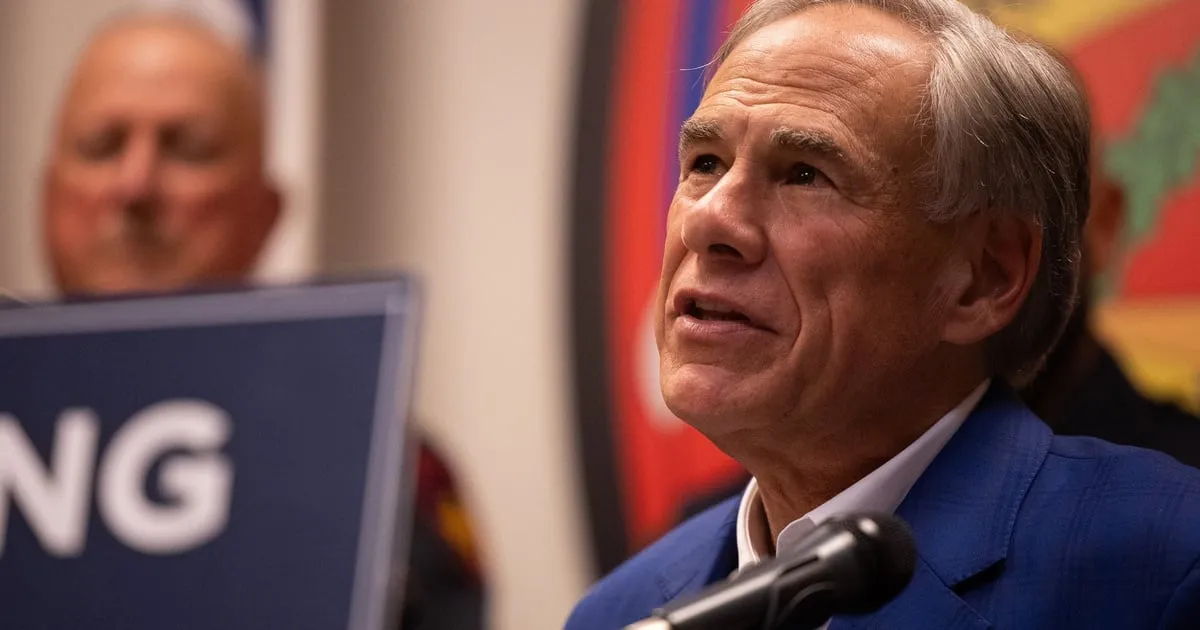
In a significant move, Texas Governor Greg Abbott has authorized the deployment of the Texas National Guard to assist in federal operations across various states. This decision comes amidst escalating tensions and concerns regarding security for federal officials, particularly in cities facing challenges related to law enforcement and public safety.
Former President Donald Trump has announced the deployment of 300 National Guard troops from Texas to Chicago. This deployment aims to bolster federal efforts in maintaining order and safety within the city. The move has sparked a heated debate, especially in light of the ongoing challenges Chicago faces regarding crime and public safety.
Illinois Governor J.B. Pritzker has expressed strong opposition to the federal intervention in Chicago, stating that the presence of federal agents is turning the city into a “War Zone.” His comments reflect a broader concern among local officials about the implications of federal troops on community relations and the overall safety of residents.
The Pentagon has approved the mission to send Texas National Guard troops to Chicago, further solidifying the federal government's commitment to addressing the issues plaguing the city. This collaborative effort aims to provide support to local law enforcement agencies as they navigate the complexities of crime and public safety in urban environments.
As Chicago grapples with a controversial deportation campaign, the deployment of the National Guard has become a focal point for discussions on immigration and law enforcement. Trump's decision to send troops amid Pritzker's objections highlights the ongoing tensions between state and federal authorities regarding the best approach to handling crime and immigration issues.
The deployment of the Texas National Guard to Chicago represents a contentious strategy in addressing federal and local security challenges. As tensions rise and opinions diverge, the impact of this decision will be closely monitored by both supporters and critics alike, marking a pivotal moment in the ongoing discourse surrounding public safety and federal intervention.